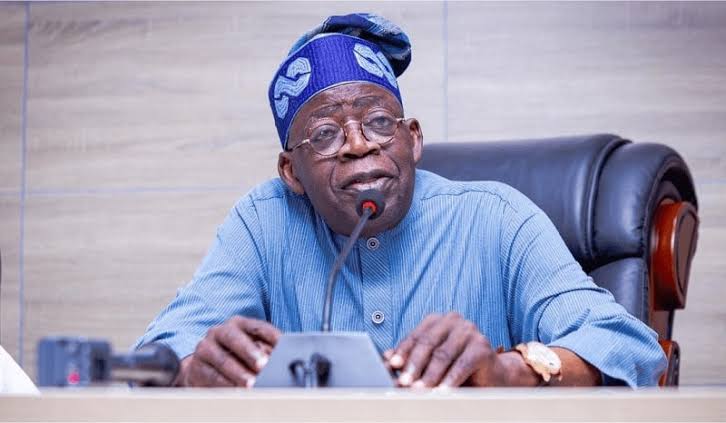President Bola Ahmed Tinubu has reaffirmed that the billions of naira saved from the elimination of Nigeria’s costly fuel subsidy are now being strategically redirected toward critical national priorities—including infrastructure development, social welfare initiatives, and economic reforms designed to restore public confidence and foster inclusive growth.
The President made this known on Monday in Abuja at the opening session of the National Conference on Public Accounts and Fiscal Governance, jointly organized by the Public Accounts Committees (PACs) of the Senate and House of Representatives. The conference convened fiscal policy experts, lawmakers, and government officials to explore best practices in public accountability, financial transparency, and sustainable governance.
Represented at the event by the Minister of State for Finance, Dr. Doris Uzoka-Anite, President Tinubu delivered a candid assessment of the now-defunct fuel subsidy regime, describing it as “fiscally reckless, inefficient, and unjust.” He emphasized that the subsidy removal, though unpopular and painful in the short term, was essential for the nation’s long-term economic survival.
“In 2022 alone, Nigeria spent over ₦4 trillion on fuel subsidies—more than was allocated to capital expenditure for the entire country,” the President revealed. “That level of spending was not just unsustainable, it was also inequitable. The system disproportionately benefited the wealthy, encouraged widespread smuggling, and created significant inefficiencies in our economic framework.”
According to Tinubu, the removal of the subsidy created the fiscal space needed to fund projects and programs that directly benefit the broader population, especially those historically left behind. He highlighted ongoing government investments in transportation infrastructure, education, healthcare, and social protection, all financed in part through the reallocation of funds previously used to maintain the subsidy.
He noted that a robust framework is already in place to ensure transparency and accountability in the utilization of these funds, aligning with the administration’s broader agenda to rebuild public trust in governance and deliver tangible dividends of democracy.
President Tinubu’s remarks echoed growing support among economic analysts and global development institutions, who have long argued that Nigeria’s fuel subsidy distorted the economy, drained public resources, and limited investment in critical sectors. By redirecting these funds, the government aims to not only improve service delivery but also create a stronger foundation for private sector growth and job creation.
The President acknowledged the hardship that followed the policy change but called for patience and understanding, stressing that the transition was being managed with complementary interventions, including social safety nets, conditional cash transfers, and targeted subsidies for vulnerable groups.
“While the immediate impact of subsidy removal has been challenging for many Nigerians, the long-term benefits will be felt through increased investment in infrastructure, human capital development, and a more resilient economy,” Tinubu stated.
He concluded by urging lawmakers, civil society, and all stakeholders to join hands in promoting fiscal discipline, transparency, and a collective vision of sustainable national development.
As the conference continues, attention is now focused on how the legislative and executive arms of government can deepen collaboration to ensure that Nigeria’s public finances serve the people effectively, equitably, and sustainably.






